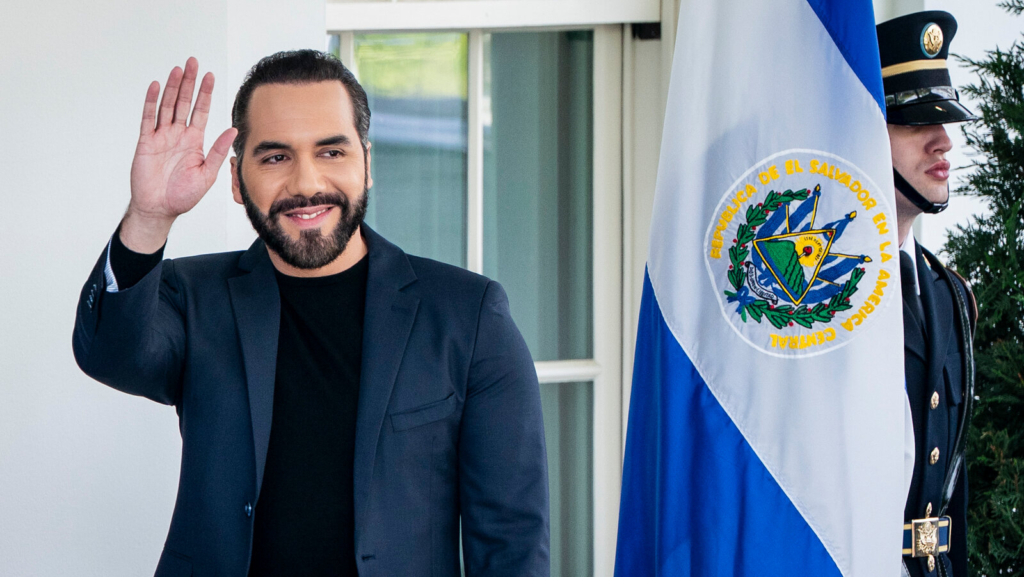El Salvador’s Legislative Assembly has approved a new Investment Banking Law. This law creates a new type of financial institution that serves only wealthy individuals and institutional clients.
This program, started last year, aims to create a private investment bank that can help with Bitcoin transactions. This will give investors more funding options and broaden financial services in both Bitcoin (BTC) and U.S. dollars (USD).
The law, backed by the Ministry of Economy, sets up rules for investment banks. These banks will offer various services like managing assets, giving financial advice, structuring corporate transactions, providing structured financing, and analyzing the market. Investment banks need to have at least $50 million in share capital and must operate separately from commercial banks. They can also apply for permission to become digital asset service providers, digital asset issuers, and Bitcoin service providers.
The law focuses on experienced investors, who are people or organizations that have a lot of market experience and can handle complicated financial risks. They need to have at least $250,000 in easily accessible assets.
These assets can be crypto, treasury bonds, tokenized products, gold, or other assets. The framework lets investment banks do different things, like issue bonds, give loans, handle foreign currency transactions, and offer additional services.
The Central Reserve Bank (BCR) will oversee these new banks. They will set rules for capital, liquidity, risk management, and digital asset operations. The Superintendency of the Financial System (SSF) will make sure that rules are followed, information is clear, and investors are protected.
Dania González, a member of the Legislative Assembly, highlighted how investment banking helps governments, companies, and institutions gather funds for important projects. The law is expected to bring in foreign investment, global financial organizations, and wealthy individuals, making El Salvador a financial center in the region.



